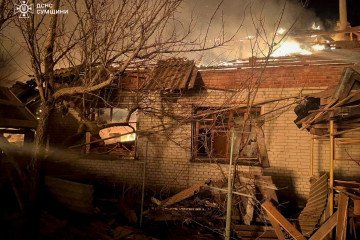The Wagner Group has officially announced the end of its mission in Mali and the return of its personnel to Russia, following more than three and a half years of activity in the West African country.
According to a statement published by the Telegram channel Razgruzka Vagnera, which is linked to the mercenary group, the mission was declared complete after the stated objective of returning all regional capitals to the control of Mali’s “legitimate government” was fulfilled.
Wagner also claimed responsibility for eliminating thousands of militants and their commanders, and assisting Malian forces in building what it described as a disciplined national army.
Wagner’s operations in Mali began in 2021 after Colonel Assimi Goïta seized power in a military coup. The transitional government subsequently terminated cooperation with French forces, who withdrew from Mali in 2022.
In 2023, the United Nations peacekeeping mission (MINUSMA) was also asked to leave, following Goïta’s efforts to consolidate power and deepen ties with the Russian Federation.
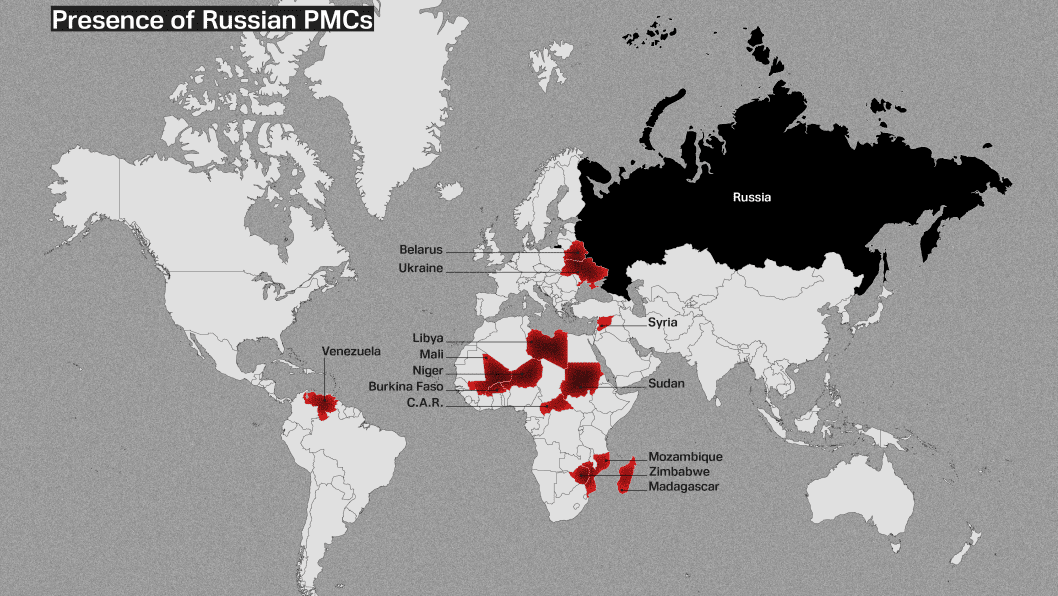
The Wagner Group was brought in to replace departing international forces and to provide security assistance to the new regime.
Their operations focused primarily on fighting jihadist groups such as Jama’at Nasr al-Islam wal Muslimin (JNIM) and Islamic State in the Greater Sahara (ISGS), as well as Tuareg forces from the Coordination of Azawad Movements (CMA), with whom a ceasefire agreement had collapsed in 2021.
Hostilities with Tuareg insurgents escalated in 2024, as the rebel coalition CSP-PSD launched several operations against Wagner positions. According to The Times, Ukraine’s military intelligence agency allegedly provided support to Tuareg forces, including drone training and operational coordination.
One of the most notable engagements occurred in July 2024 near the town of Tinzaouaten, close to the Algerian border. Dozens of Wagner fighters were reportedly killed or captured during clashes with CSP-PSD, including Anton Yelizarov (callsign “Lotos”), a high-ranking commander who had previously been involved in war against Ukraine.
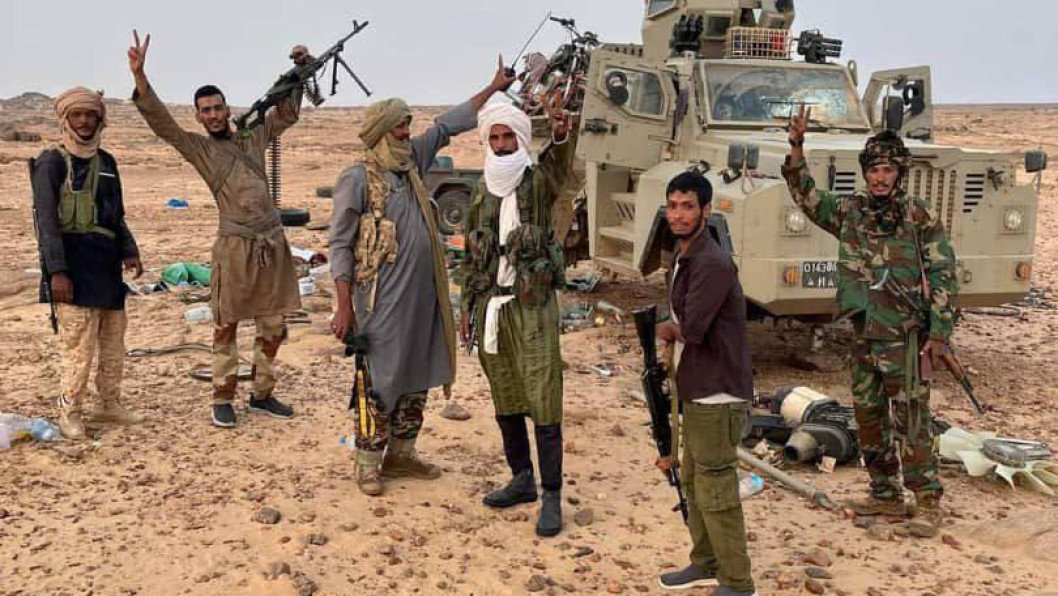
Another prominent Wagner-affiliated propagandist, known by the callsign “Belyi,” was also reported killed. Several armored vehicles and helicopters were lost during the clashes.
Russian Telegram channels and Tuareg media sources later confirmed that the rebels had downed two helicopters and inflicted significant losses on Wagner’s convoy.
Western analysts have consistently criticized Wagner’s presence in Mali, citing human rights violations and concerns over the group’s role in exacerbating regional instability.
Nonetheless, the withdrawal marks a shift in Moscow’s security posture in the Sahel, where the Kremlin had been expanding its influence through private military contractors.
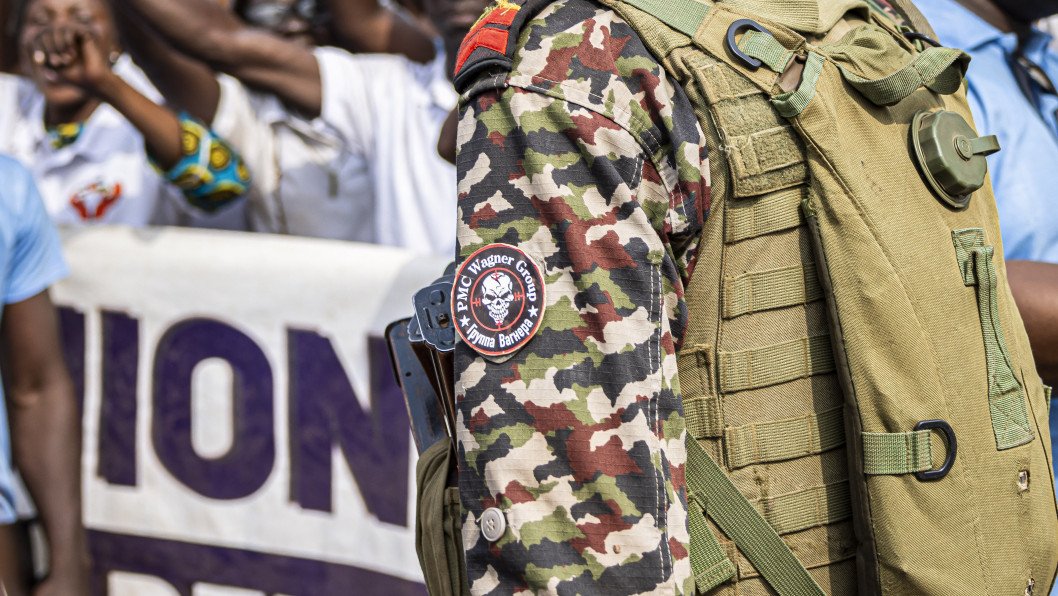
Earlier, in June 2024, Malian civil society groups accused the country’s military and Wagner mercenaries of killing dozens of civilians in the Kidal region. Witnesses claimed that at least 46 people were executed during operations in Abeibara, with some reports citing up to 60 victims.
Local human rights groups described the killings as part of a broader campaign of ethnic cleansing.


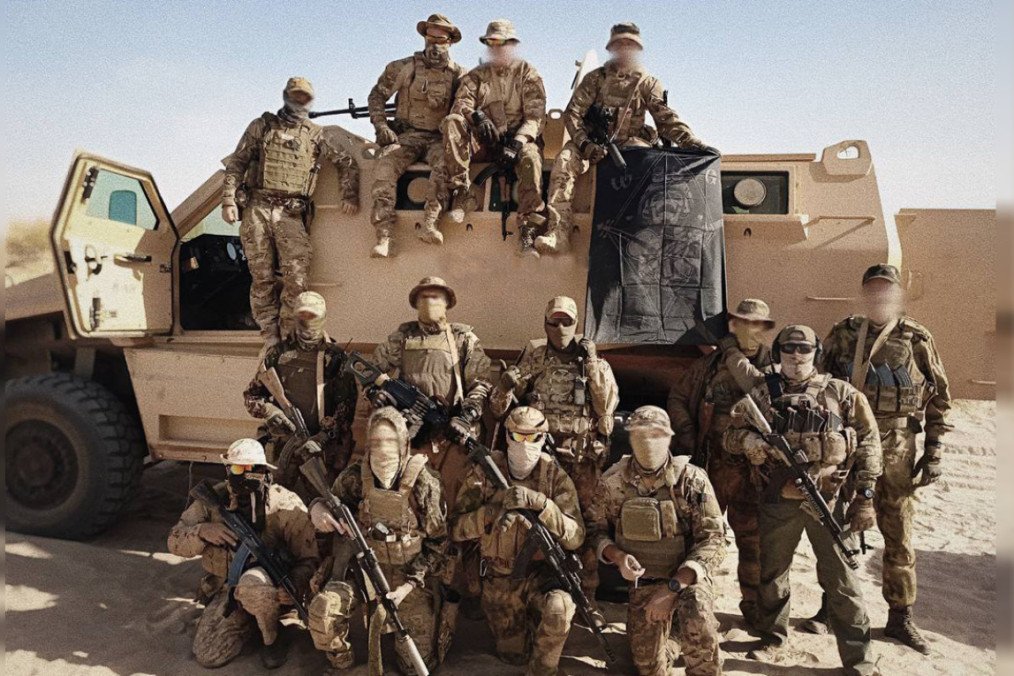

-c439b7bd9030ecf9d5a4287dc361ba31.jpg)


